Boeing, the aerospace giant, has secured a monumental deal with Qatar for up to 210 jets in what the White House is hailing as the aircraft maker’s “largest-ever” widebody order, valued at a staggering $96 billion. This historic agreement comes at a time when the company is navigating through significant challenges, making the deal a crucial lifeline for Boeing. The order includes 130 of Boeing’s 787 Dreamliner jets and 30 of its 777-9s, with options for an additional 50 Dreamliners and 777X. This massive deal not only solidifies Qatar Airways’ future fleet but also underscores Boeing’s market-leading position in widebody aircraft.
The announcement of this deal coincides with the visit of Qatar’s Prime Minister, Sheikh Mohammed bin Abdulrahman bin Jassim Al-Thani, to the United States. During his visit, Sheikh Mohammed dismissed any controversy surrounding President Donald Trump’s plan to accept a Boeing 747-8 to be used as Air Force One, stating that it is a “government-to-government transaction” and not a personal gift to Trump. This clarification comes amidst criticism from both Democrats and Republicans, with some of Trump’s own supporters questioning the appearance of influence peddling. Trump has stated that the jet would be donated to his library after he leaves office.
The deal is part of a broader series of economic agreements between the United States and Qatar, totaling over $243 billion. These agreements include the sale of Boeing aircraft and GE Aerospace engines to Qatar Airways, marking a significant milestone in US-Qatar relations. The White House, in a statement, referred to Trump as the “dealmaker in chief,” highlighting his role in facilitating these agreements. This title reflects Trump’s desire to be seen as a master negotiator and a key player on the global stage.
Boeing’s stock closed half a percent higher in New York on the day of the announcement, reflecting investor enthusiasm. However, investors are also aware that order commitments are not final and that airlines have been known to cancel orders they have publicly announced. Despite this uncertainty, the deal is a significant boost for Boeing, which is America’s largest exporter.
Boeing has faced numerous challenges in recent years, including a significant slowdown in orders. Last year, orders effectively ground to a halt after an incident involving an Alaska Airlines 737 Max, where a door plug blew off, leaving a gaping hole in the side of the plane. This incident led to a dramatic drop in orders, with Boeing’s gross orders totaling just 569 for all of last year, a stunning 60% decrease from 2023. Additionally, a massive strike in the fall involving about 33,000 machinists further impacted Boeing’s operations. Production did not resume until early December, resulting in just 348 plane deliveries last year, down 34% from 2023.
The Trump administration’s tariffs have also dealt a significant blow to Boeing. These tariffs have threatened to make jets millions of dollars more expensive, adding to the company’s woes. Boeing sources parts and supplies from overseas, making it particularly vulnerable to trade disruptions. The Trump administration appears to be using Boeing order commitments as part of its negotiating strategy on trade. Last week, Commerce Secretary Howard Lutnick announced in the Oval Office that a British airline had agreed to purchase $10 billion worth of Boeing jets as part of a larger trade agreement. Reuters later identified the airline as IAG, which planned to order around 30 of Boeing’s 787 widebody jets.
In addition to the Boeing deal, the Trump delegation announced several other agreements in Qatar. Defense Secretary Pete Hegseth signed defense deals, including a statement of intent on defense cooperation between Qatar and the United States. He also signed offer and acceptance letters for MQ-9B, a remotely piloted aircraft system, and FS-LIDS, small aerial systems designed to counter unmanned aircraft. These agreements further strengthen the US-Qatar partnership.
The Trump delegation’s visit to Qatar follows a series of high-profile deals in Saudi Arabia, where agreements worth $600 billion in tech and defense were announced. The delegation’s next stop is the United Arab Emirates, marking the final leg of President Trump’s first overseas tour of his second term.
Boeing’s record-breaking deal with Qatar is a significant achievement for the company, providing a much-needed boost amidst ongoing challenges. The agreement not only highlights Boeing’s market leadership but also underscores the importance of international partnerships in today’s global economy. As Boeing navigates through recent setbacks, this deal offers a glimmer of hope and a testament to the company’s resilience. The broader economic agreements between the United States and Qatar, as well as other Gulf states, signify a new chapter in US-Gulf relations, marked by cooperation and mutual economic benefit.

By Laura Wilson/May 16, 2025

By Michael Brown/May 16, 2025
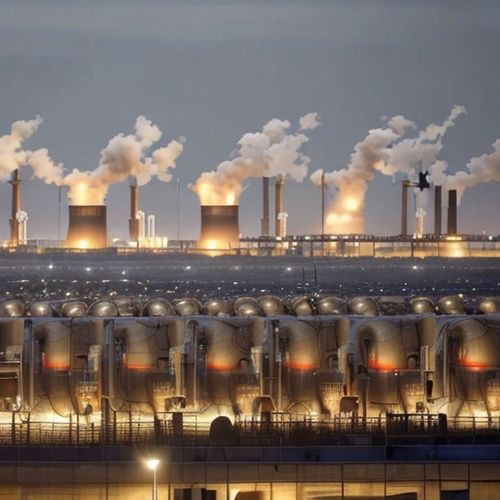
By Elizabeth Taylor/May 16, 2025

By Sophia Lewis/May 16, 2025
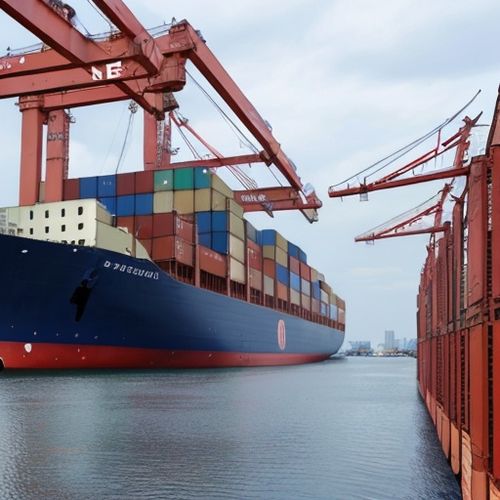
By Noah Bell/May 16, 2025

By Joshua Howard/May 16, 2025
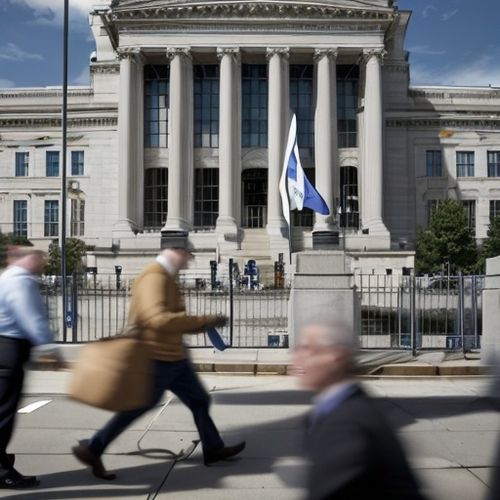
By John Smith/May 16, 2025

By Laura Wilson/May 16, 2025
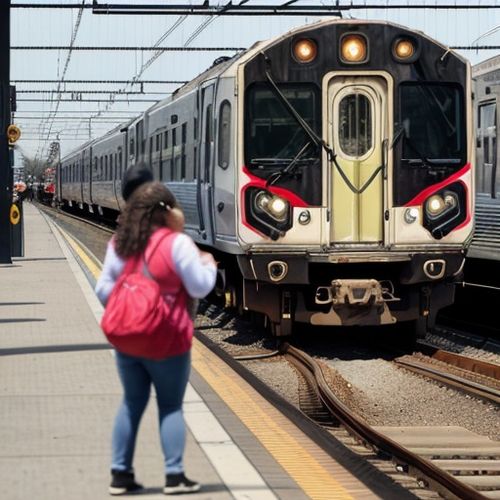
By Benjamin Evans/May 16, 2025
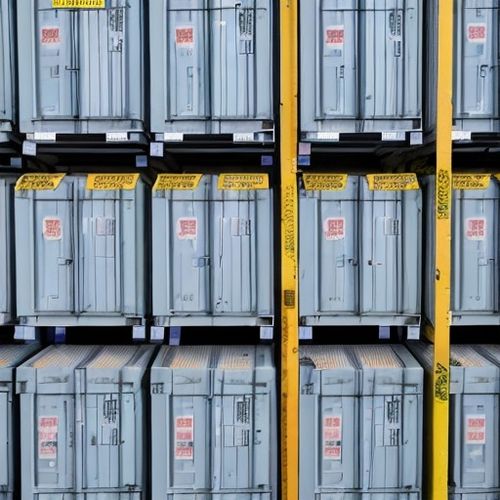
By Michael Brown/May 16, 2025
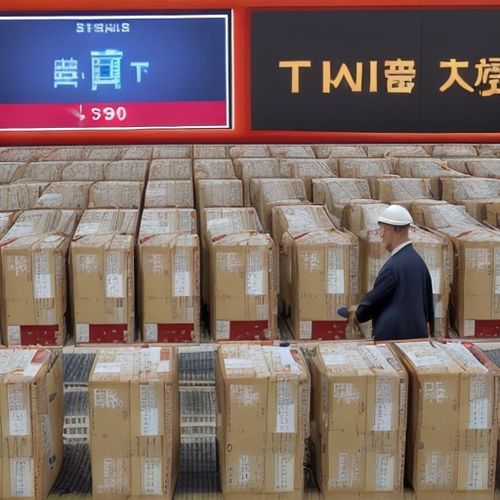
By Sarah Davis/May 16, 2025

By William Miller/May 16, 2025

By Sarah Davis/May 16, 2025

By Benjamin Evans/May 16, 2025
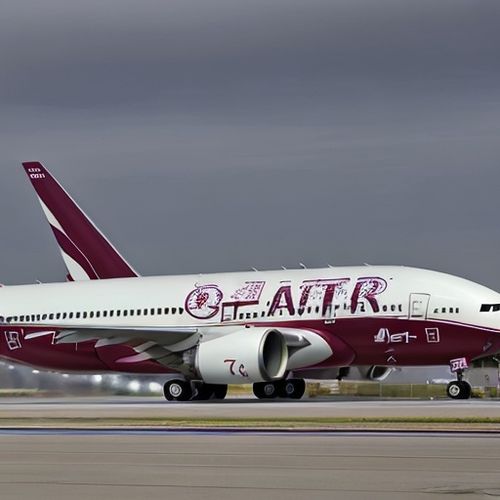
By Rebecca Stewart/May 16, 2025
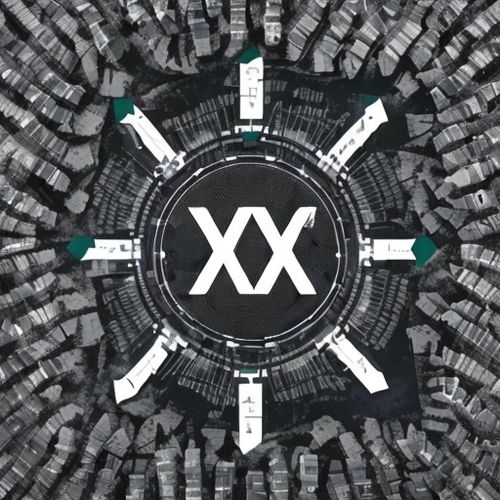
By Natalie Campbell/May 16, 2025
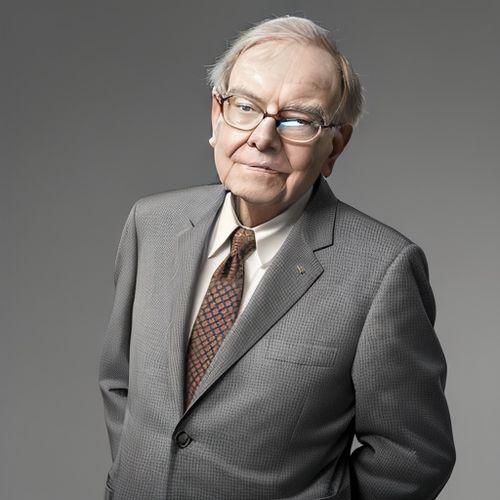
By Lily Simpson/May 16, 2025
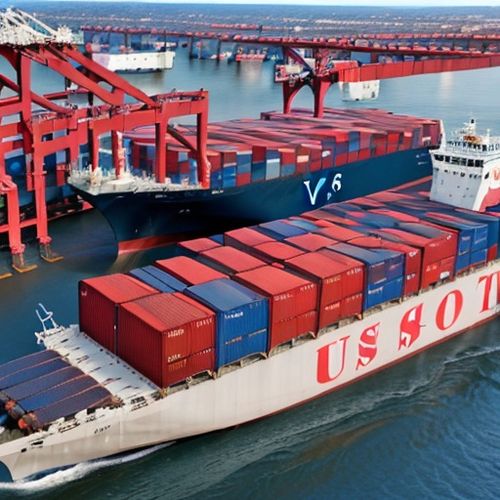
By Olivia Reed/May 16, 2025

By Olivia Reed/May 16, 2025

By Elizabeth Taylor/May 16, 2025